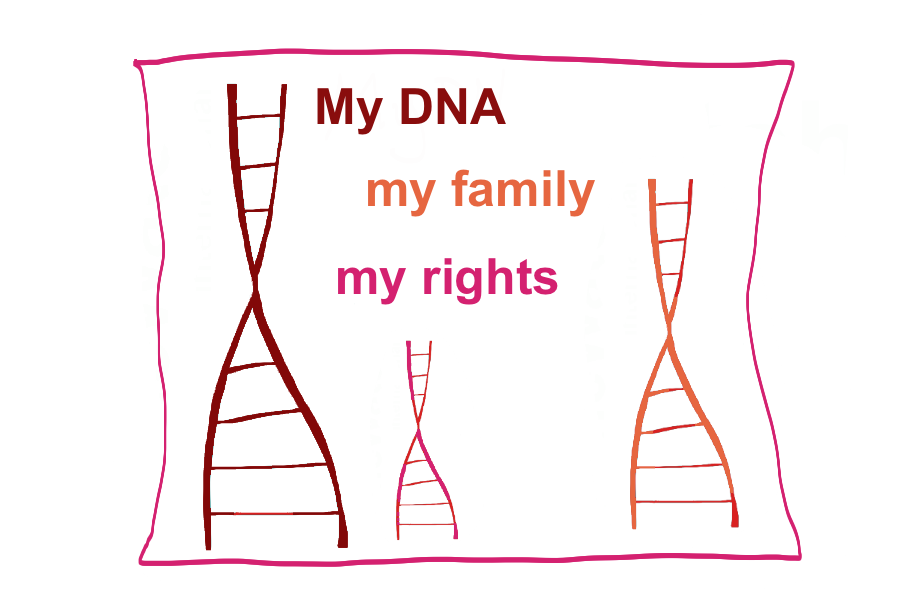Proposals to include DNA in national biometric identification schemes:
human rights implicationsDownload
This GeneWatch briefing raises some of the human rights implications of introducing universal DNA databases, or the use of DNA profiles in any ID scheme.
With DNA carrying personal information, any mass collection can be considered a breach of bodily integrity, and the human right to privacy.
Human rights concerns raised include the potential misuse of genetic information, which can be used to identify relatives, and paternity or non-paternity. Mismatches can also occur, with DNA identification not being foolproof. Methods can be error-prone leading to false matches, and errors in the lab can lead to mix ups and contamination errors. The likelihood of such problems will only grow with the size of the database, with concern then for expanding current forensics databases that are already common in many countries, to databases that include the entire population, as would be the case with a national ID system, or universal DNA database.
There are also implications with regard to criminal investigations, where wrongful convictions may increase based on errors and mismatches, or where framing of crime scenes with an individual’s DNA could occur. Potential misuse of information by corrupt officials, or anyone who can infiltrate the database, is also highlighted.
Current global legislation on the issue is summarised, noting that no country in the world has yet implemented a universal DNA database or the inclusion of DNA in a national ID system. However, a few countries have previously passed laws to introduce such schemes, for them to be later reversed on human rights grounds.
Questions are raised about the benefits of national DNA collection in increasing the solving of crime or terrorism offences. The proportionality to other aims such as assisting in the identification of deceased persons, is also questioned.
The briefing recommends that rather than any national DNA system, “To meet international privacy standards enshrined in the International Covenant on Civil and Political Rights, a DNA collection and retention mechanism must be extensively regulated, narrow in scope, and proportionate to meeting a legitimate security goal.”
